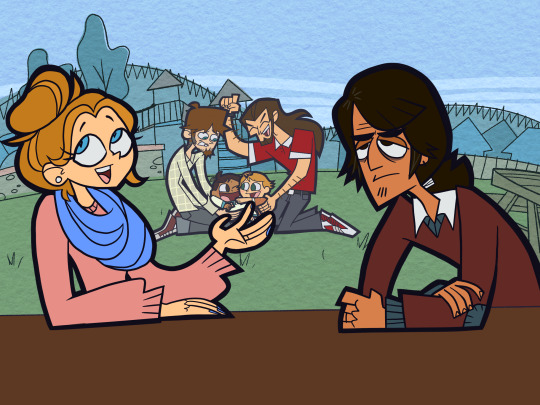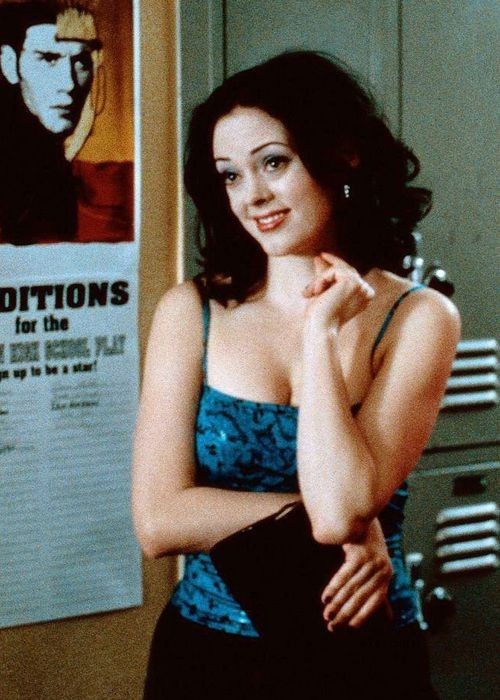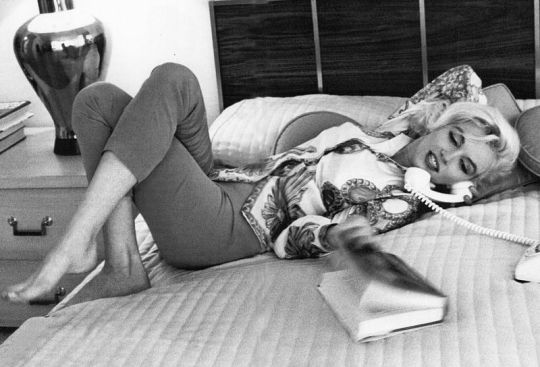#I like to think while Lindsay bleaches (bleached?) her hair its still like
Note
I'd like to see Noah and Cody meeting up with Lindsay and Tyler! Maybe even making it a play date for Wayne and Raj!

been meaning to do this
#noco family au#total drama#I like to think while Lindsay bleaches (bleached?) her hair its still like#a dirty blonde#makes sense here I guess#total drama noah#total drama cody#total drama noco#total drama lindsay#total drama tyler#total drama raj#total drama wayne
609 notes
·
View notes
Note
I have a question,If Tatum survived set up and sequel’s suck what would she look like in Terrible trilogy?
DAMN that's a great question!!!
Tatum would have went where YN or Sid went (Windsor) and would have been either a fashion or business major. I see Tatum as someone that is always changing up her look including her hair. Her natural Strawberry blonde would be dyed or bleached regularly the moment she leaves home for college. Her look in Jawbreakers? That's Sequels Suck Tatum.


She is thee it girl and would be the bitch girls wanna be or the sorority sisters make a sister immediately. Probably wouldn't even need to pledge for long. Constantly wearing provocative but fashionable clothes for the late 90s. Partying in college, having someone take her notes to study while she's dragging YN to a Zeta rager. Probably dated or rejected most of the Kappa brothers.


(She would be screaming at YN to pick Derek bc even tho she was rooting for Randy x YN since HS....DEREK IS PRE-MED VS RANDY'S FILM MAJOR WTH ARE YOU THINKING YN TURNING DOWN A FUTURE HOT DOCTOR? She would still find it cute if you had gotten with Randy tho. )
***************************************************
Now, Terrible Trilogy Tatum would be either working in or near Hollywood and she ended up being an assistant or fashion consultant for Jennifer or someone related to Stab 3.
As for looks. She probably went back to strawberry blonde or a redhead bc Lindsay Lohan is popular icon rn and brunette is so late 90s. Get with it, YN. She might even bleach it blonde but I can't find hardly anything other than death proof and she would not wear 70s garb like that.
Definitely grew it out and dresses like she's going to a big event (Probably bc she is and yes she would wear lingerie as a top or dress bc that was super trendy back then) Her look isn't as colorful as it was bc it's 2001 and even tho it's colorful its a different kind of colorful. It's one color like pink or blue with a jean skirt or low rise jeans or a patent skirt.
Not nearly as much mix and match as the 90s. She sadly would be horrified by her skirt she wore in Scream...."Omg what a fucking train wreck I can't beileve we thought that looked good" even if YN is like "I think it still does...🧍♀️"
Mostly her role in charmed when she had the blonde/strawberry blonde hair. And her outfit in the gif is so y2k Tatum.



38 notes
·
View notes
Text
On Blonde, By Joyce Carol Oates (— The Fanzine)

Hollywood acts about Marilyn Monroe as though it had her poster pinned up on its dorm-room wall: much like the “full pedigree of insanity” Norman Mailer describes on her mother’s side, it’s a passion that verges on madness. So, too, is Blonde’s. A fictionalised account of the life and death and difficult menstrual cycles of Marilyn, written by Joyce Carol Oates — an author who, tellingly, also fictionalised the life of Jeffrey Dahmer — it melds the rough and the smooth as much as its subject. It seduces, then depresses. Parts of the story are real (her marriages to Joe Dimaggio and Arthur Miller, though here they go unnamed) and parts of the story are wildly unreal (a scene in which a bathroom attendant hands Marilyn her dead foetus), though as is so often the case with celebrities, “real” hardly matters so long as the story is good.
Everybody who saw me holding the seven-hundred-odd-page novel or heard it drop with a thump to the table insisted I’d never get through it. I finished in four days. This is the beauty of famous women — they are all too easily consumed. Moving from the orphanage to foster-care to pin-up to polyamorous naïf to drug-addled movie star, Marilyn is called Norma Jeane, Beggar Princess and The Blonde in the narrative, but she also gets called “cunt,” “cow,” “slut,” “whore,” and “a mammalian spectacle.” “Men don’t see me,” the real Monroe once said. “They just lay their eyes on me.” With this fictional Monroe, they finish at “lay.”
A sprawling, grand disaster of a novel can be a triumph, provided it’s meant to capture a sprawling, grand and disastrous life. Whose was moreso than Marilyn’s? Ava Gardner — inexplicably called, in Blonde, “The Rat Beauty” — tells Monroe in the book that maybe she’ll be the last Hollywood blonde. I racked my mind for another: assuming that Bardot is considered a crossover, I’m not sure that I found one. Hers is a very specific blondeness; saying that it glowed would only make sense if I meant this abstractly. There are signs and signifiers far paler than ghosts, is what I am saying. Lindsay Lohan dyed her hair this blonde once, shortly before she began to turn into a signifier. If that woman isn’t a walking abstraction, I don’t know who is.
“There was something gratifyingly real about being called a bitch, a whore, a blond tramp,” meta-Marilyn thinks to herself about halfway through the action. If the gratification’s less evident, I agree with the “real,” as the squalid horror and her bimbo-glorification make Blonde a textbook for the American ingénue. Assuming those who study history are not doomed to repeat its mistakes, I wish somebody had put a copy into the hands of Britney Jean Spears. “The ancient Greeks had Oedipus,” somebody says in the documentary Love, Marilyn, “We have Marilyn.” Monroe is also like Oedipus in that, in Blonde, she sleeps with a lot of her industry daddies and, doing so, kills mother-women’s careers.
Flipping back through the novel, I found I had underlined three points while reading which, taken together, suggested a very particular state of mind. They were as follows:
1) "Her life had grown baffling to her, as an adult life does to those who live it."
2) "I did not believe in pain, and therefore not in painkillers."
3) "And her face, that’s a special kind of cunt. The wet red mouth, the tongue. When she dies, the movie dies. But her dying is so beautiful, I almost came in my pants."
It occurred to me, then, that a person could write their own biography simply by underlining five or six sentences. They might also use the same methods to outline their psychological profile. Madness is genetic rather than contagious, but the feeling of Blonde is catching. The book gets better the more scattershot and unraveled it is, to whit:
"but was this funny? was this funny? was this funny? why was this funny? why was Sugar Kane funny? why were men dressed as women funny? why were men made up as women funny? why were men staggering in high heels funny? why was Sugar Kane funny, was Sugar Kane the supreme female impersonator? was this funny? why was this funny? why is female funny? … why did they love her? why when her life was in shreds like clawed silk? why when her life was in pieces like smashed glass? why when her insides had bled out? why when her insides had been scooped out? …why when everybody on the set of the film hated her? resented her? feared her?...why did the world adore Marilyn? who despised herself? was that why? …why did the world want to fuck Marilyn? why did the world want to fuck fuck fuck Marilyn? why did the world want to jam itself to the bloody hilt like a great tumescent sword in Marilyn? was it a riddle? was it a warning? was it just another joke? I wanna be loved by you boop boopie do nobody else but you nobody else but you nobody else"
The same is occasionally true of its subject, whose heavy, soulful and soul-fouled final performance in Huston’s Misfits feels, already, more like séance than acting. (“Finally finished,” somebody has written on Goodreads, of Blonde. “All magic is gone from life now.” I wonder if anyone said the same thing when she died.) Tremulous, sexy female madness is almost unstoppable, signifying as it does desire, profit, and a certain immortality in the minds of men; still, I can’t help but imagine that most of Oates’ readers were women, just as most of those who put up Marilyn’s poster in real, literal life are girls. Like her Dahmer novel, Zombie, Blonde equates attempted transformation with torture: it examines the assembly of the living dead. One might even swap the two titles. Since I was fourteen, I’ve often imagined my life would be better blonde — by which I mean that I might have been more loved, and thus more sane; or, if not more loved, then desired. Desire, I understand now, is not anything like love, protection, or sanity. It can read a little like violence.
“Monroe’s greatest secret was her sense of insecurity and unworthiness,” Oates went on to tell TIME magazine. “She had to be seductive to everyone. It was like a compulsion. A woman who doesn’t especially care what other people think of her, whose sense of self is strong, from within, would not try so hard to please. The very notion of bleaching one’s hair platinum blond, wearing so much makeup and squeezing into tight dresses, would not appeal to many, perhaps most women.” Blonde, at so many pages and with so much madness, does not try so hard to please everyone. Women who bleach their hair platinum blonde and wear too much makeup, on the other hand, may find it instructive. I could sum the novel up in a single line rather than four or five underlined: gentlemen may prefer blondes, but Monroe never meets one. Only once the poor, doomed girl had died did I feel myself able to put down the novel and live.
1 note
·
View note